Adults 60+ Are Sharing The Biggest Difference In Buying A Home Today Vs. When They First Purchased
The process of purchasing a home has undergone significant changes over the past forty years.
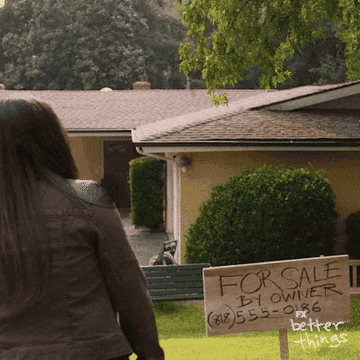
With advancements in technology, shifts in housing market trends, and changes in regulations, buying a home today is very different from what it was four decades ago.
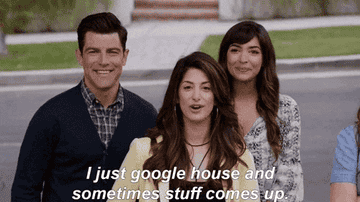
So, I asked the BuzzFeed Community, "Older adults, tell us the biggest differences you've noticed when you first purchased your home vs. how it is today." Here's the feedback, as well as comments from some Reddit users:
1."The ease of digital home loans. Before, you would have to call and (hopefully) speak to someone to get your loan status. Then, make copies and deliver needed documents. Now, you just check your dashboard, upload, and know exactly where you are in the process. It’s awesome."

—Anonymous, 64
2."The first house my husband and I bought was a four bedroom, two and a half bath family home in a wonderful, established neighborhood. It also came with a pool. We met with our local realtor, who listened to our needs and wants, and she chose which houses to take us to. There were no online previews, but we did receive printouts about the house specs on our way to the homes. We met with our local banker, whom we also knew. It was a much more personal experience, as we worked with people we knew ahead of time. It was also only $200,000 for a perfectly finished home."

—Anonymous, 59
3."Every day, I think back to the advice I got from my father and father-in-law back in 1998. They said to buy a home now. I was in my mid-20s. Thank god I listened to them. It’s now finally paid for. I can’t imagine what it’s like for others. There isn’t anything left over after food, clothing, and shelter. Now that credit is maxed out, economists wonder why people are pulling back on spending."
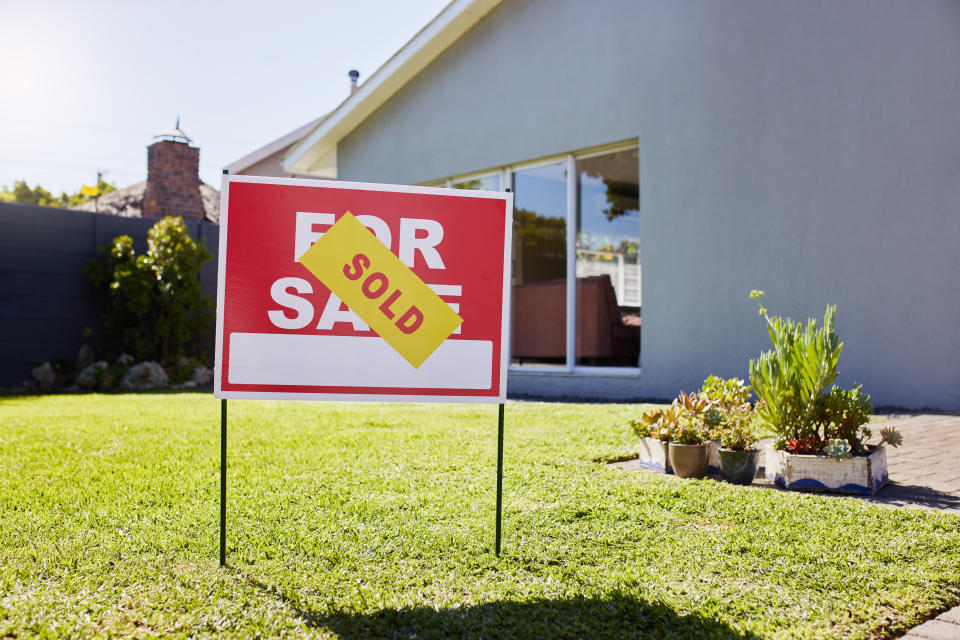
4."Yeah, I bought my first house in 2006. We were military then and knew we would move in a few years. We were fortunate to sell in 2009 for the mortgage only. It was basically renting for those three years, and we were the lucky ones. We knew the next few moves would be short-term. We didn't buy, just rented. We bought our current house in 2018. We are in a good neighborhood, and the interest rate is 2.25%. Even if we moved we wouldn't sell. This home is for the long haul."

5."Back in the 1970s, I was selling real estate in a market where prices increased 10% per month. I was of two minds — I felt that prices were out of control, and one had to be crazy to spend $100k on a house. I also felt that people who waited would never be able to buy. I'm not sure there was a frenzy...corporate buyers didn't exist and multiple offers were rare, but there was definitely a feeling of now or never."
6."As a mortgage lender of 40 years, I have ridden those ups and downs and in my own homes also. In the early 1980s, when oil went to $10 a barrel, everybody in the oil industry and related lost their jobs. We were lucky to be laid off early because we were involved in home building, and we got out of Louisiana and landed in Texas. If there are no jobs, there's nobody to sell to when you lose yours. When the 2008 crash happened, the subprime loans made on two-year ARMs made their first adjustments, and some had caps as high as 6%. If they were new construction, they let them escrow as incomplete, and then their taxes went up."

"They never had a chance from the very start. I didn't make those loans, and I lost deals because of them. Realtors tell me if you won't, so-and-so will. And I used to tell the reps that called on me that they were going to eat those loans, and they did. Now, here we go again with more inflation, and the Federal Reserve waited too long to do something about it. And if you can't bring down the cost of energy, we won't get rid of inflation, will we? If it costs more to move everything from here to there, everything will cost more."
7."Real estate is cyclical. Always has been. There will be peaks and troughs, but over the LONG term, it goes up with inflation."
8."I bought in 1997, looked for a year before buying. My mom helped with the down payment. I got a deal on my house, which had been for sale for over a year. The price had dropped twice. Why was it cheap? There were bad tenants in it. I looked once, and the tenants were there, but there was an eviction notice on the door. I went back after the eviction to see how it looked. Put in an offer of 15% below asking; they countered at 10% below asking, and we bought it. I had to put in some elbow grease. Took up old carpets, there was hardwood underneath. Painted, etc. I paid it off in 18 years and still live there. We could have bought a brand new duplex or townhouse that was 30-40% smaller for 25% more. Love my larger yard with established plantings and fruit trees."

9."In 1985, at 11.49% interest, the nice house was only $50k and it even had a garage apartment we rented to college kids. I'd like to have that house back today."

10."My uncle bought a house in the Bay Area in the '70s. Bought in the $200k range. It was sold about eight years ago for $1.55 million. The house was recently sold again for close to $2.8 million. He said he never would've thought it would go this high. Alternatively, I have other relatives who bought a similar square footage house in the Midwest in the early '80s for about $119,000, lived there for 10-12 years, and sold it for around the same price."
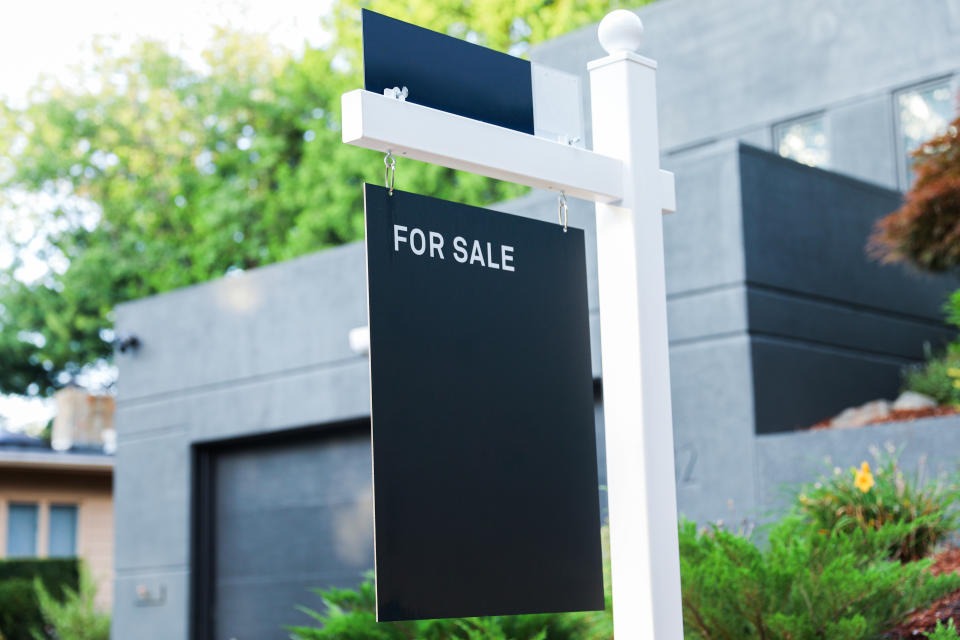
11."My parents bought our home in the late 1960s for $13k and sold it in the late 1970s for $40k. In 2015, it was $430k, and Zillow says it's worth $600k now. When my dad bought it, he earned $12k per year as an engineer — a fresh-out-of-college engineer! There's no way any recent grads are earning anywhere near the price of a home today!"
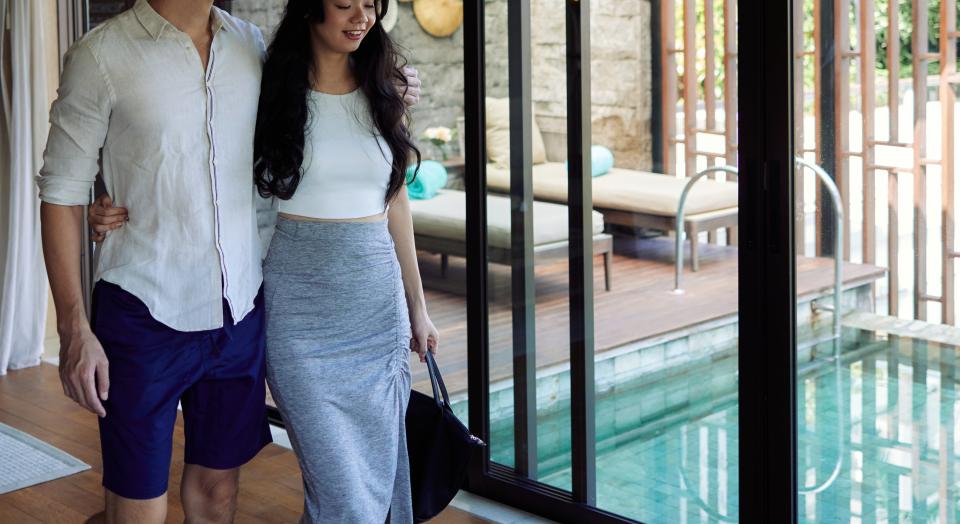
12."My wife's grandmother purchased a home in Bellevue, WA, sometime in the late '60s for around $60k. She raised her children in the home and sold it two decades later. My mother-in-law still remembers the address and everything. We looked it up on Zillow, and it sold for over a million dollars a few years ago! It still had the same tin roof from the '60s. So, there was a 17x increase from the 1960s to 2018. If you keep that ratio, your new engineering grads would pull in $204k per year. Call me crazy, but I think most new engineers make a bit less than that nowadays."

13."My aunt and cousin really won the '80s jackpot. They bought a legal three-family house in Brooklyn for $50k. It’s paid off already, and my aunt won’t ever leave, so she’s in it until the end. That house is currently worth $2.5 million and has a driveway/side lot big enough for another house. Random people have offered them $1 million and $2 million for the past decade simply because they have such a big lot up the block from the train. My cousin is looking to score the ultimate jackpot. Wages were not the same back then. My mom always reminds me how, ‘back in her day,’ they would make so much money in interest in their bank account, and we would go on beautiful vacations on that interest alone. And now, I think she makes dollars. At least, she’s one of the boomers who sees the change and thinks it’s unfair for the younger generation. There’s no 'stop eating avocado toast' coming out of her mouth."
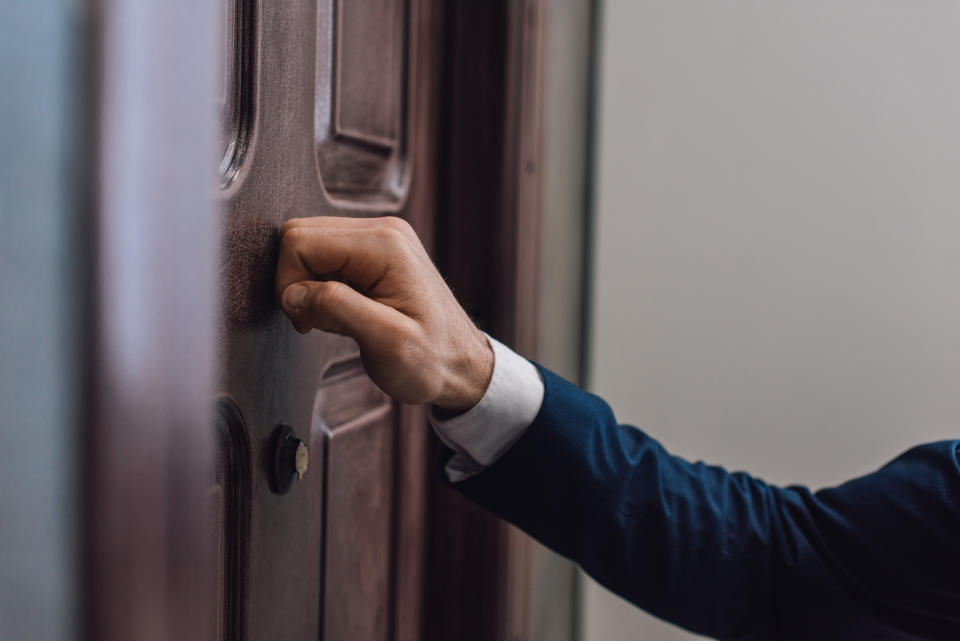
14."My parents never could afford to buy a house when I was a kid (they were boomers; I’m Gen X). After they split up in my teens, my dad was finally able to buy a house in the early 90s after finishing his master's degree and remarrying. So there were quite a lot of people in every generation who were shut out of the housing market either for a long time or permanently (it took my mother a few more years than my dad to buy). My mom moved to the Bay Area and clearly got the winning deal. Her $129k house is now worth about $800k….and only because it’s from the 1950s, 900 square feet, and 99% unimproved since then. If they gutted it and remodeled it, it would be worth well over a million dollars. I’m honestly not sure what we’ll do if I inherit it (I’m presuming since I’m an only child of an only child). I’ve lost my taste for home improvement, but it’s very tempting!"

15."I can answer this on behalf of my mother, who is a boomer. We've talked quite a bit about these issues. Housing was more affordable in the '80s/'90s than now, and no one needs boomers to say it. Compare the ratio of median salary to median home prices. She had an interest rate in the teens for her properties in the '80s, but those rates didn't stay as elevated as time passed into the '90s. She had to provide documentation of her income when she purchased her properties."
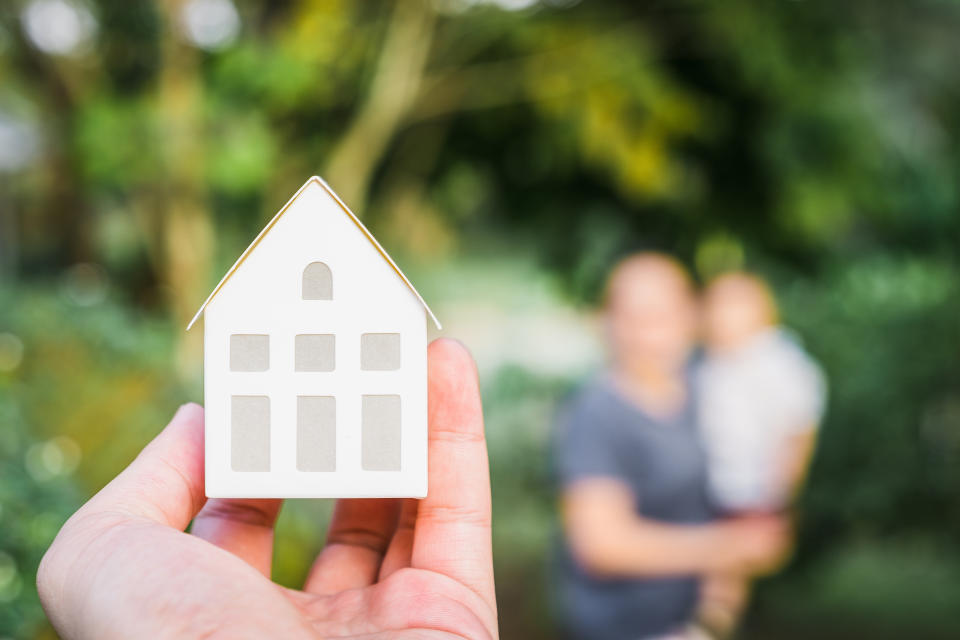
16."Gen X, not boomer. Bought my house in 1999. It was $230k, which I thought was ridiculously overpriced for what is essentially a basic split-level built in 1950. Now my 'house' is worth nearly $700k, 23 years later. I use quotes because it isn't the house that's worth anything; it's the land. When we sell, the house will be torn down, and a monstrosity of a McMansion will be built in its place. It's bonkers to me but I live in a desirable Boston suburb with good schools. Most houses in the town are going for over a million. And our town isn't even a top-tier town."
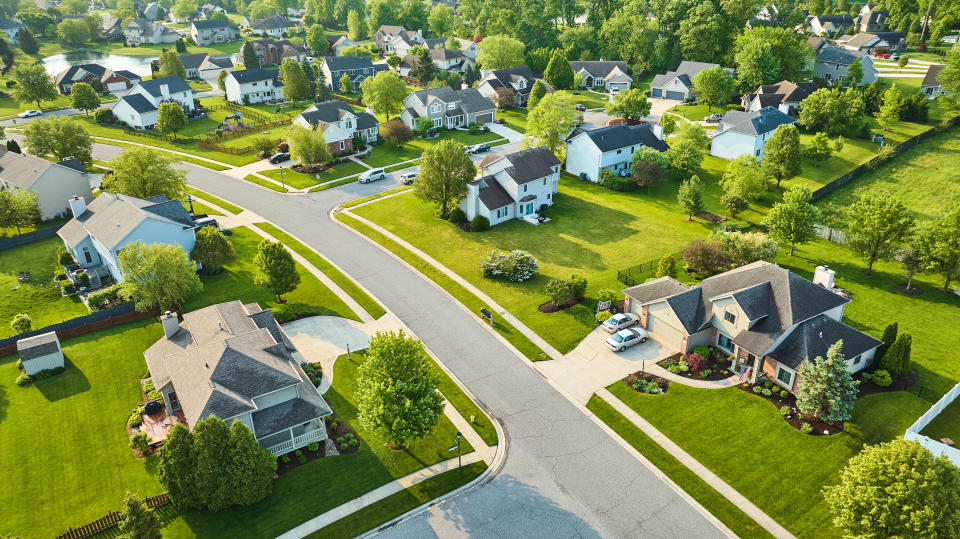
17."Things didn't really change that much with loan qualifying until the 2008 crash. I'm not a boomer, but I bought my first house in Seattle in the 1990s. It was a difficult stretch for me then, even though prices seem so low by today's standards. Had I held onto that house, it would be worth seven times what I paid for it, but the reality is that you need to move sometimes and can't really do it without the equity. I didn't go into the deal thinking I would make a ton of money, and I still don't enter into a deal thinking I will make much in appreciation."

18."My dad has made millions off of buying/selling/building property and homes. When he first started in the '80s, he partnered with a friend, and they would transfer money from one of their accounts to the other's account, then apply for a loan; it would get their loan approved, and they would each build their own spec homes near each other. Try tricking the bank like that these days...they were both just construction workers when they started doing this. Back then, there were huge opportunities. You could buy land cheaply at ski resort areas, and once you built the house on it, the value would skyrocket. I have no idea how more people weren't jumping on any scrap of land that became available back then."
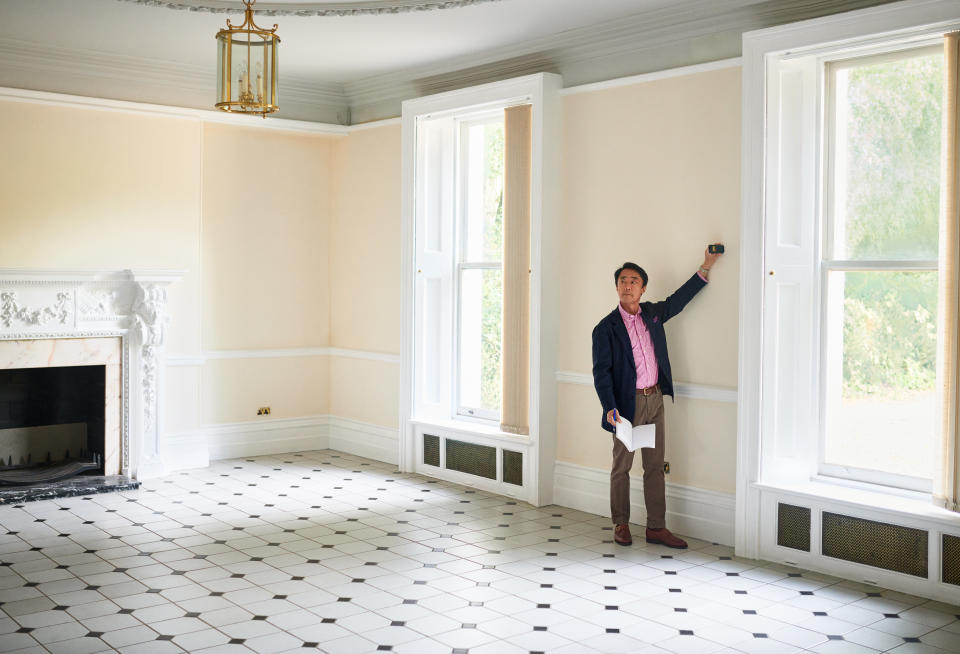
H/T: /r/Futurology, /r/RealEstate, and /r/RedditForGrownups
What are your thoughts about the differences in the home buying process? Let me know in the comments.
Note: Some submissions have been edited for length/clarity.


